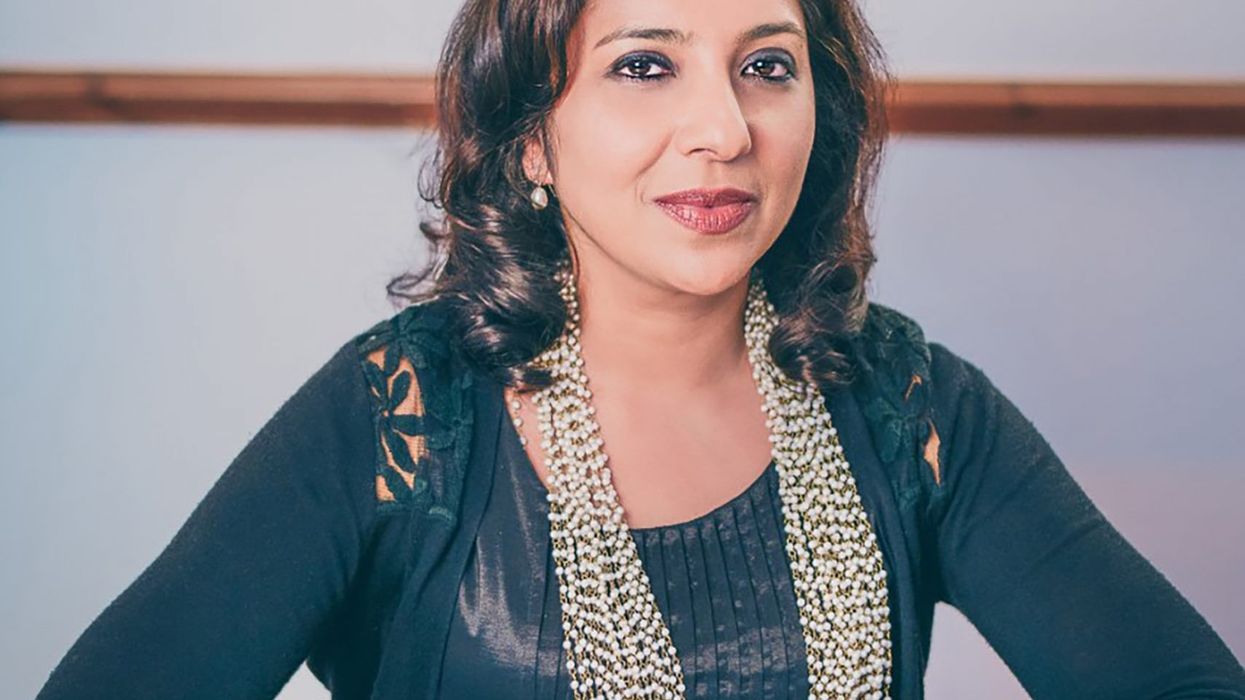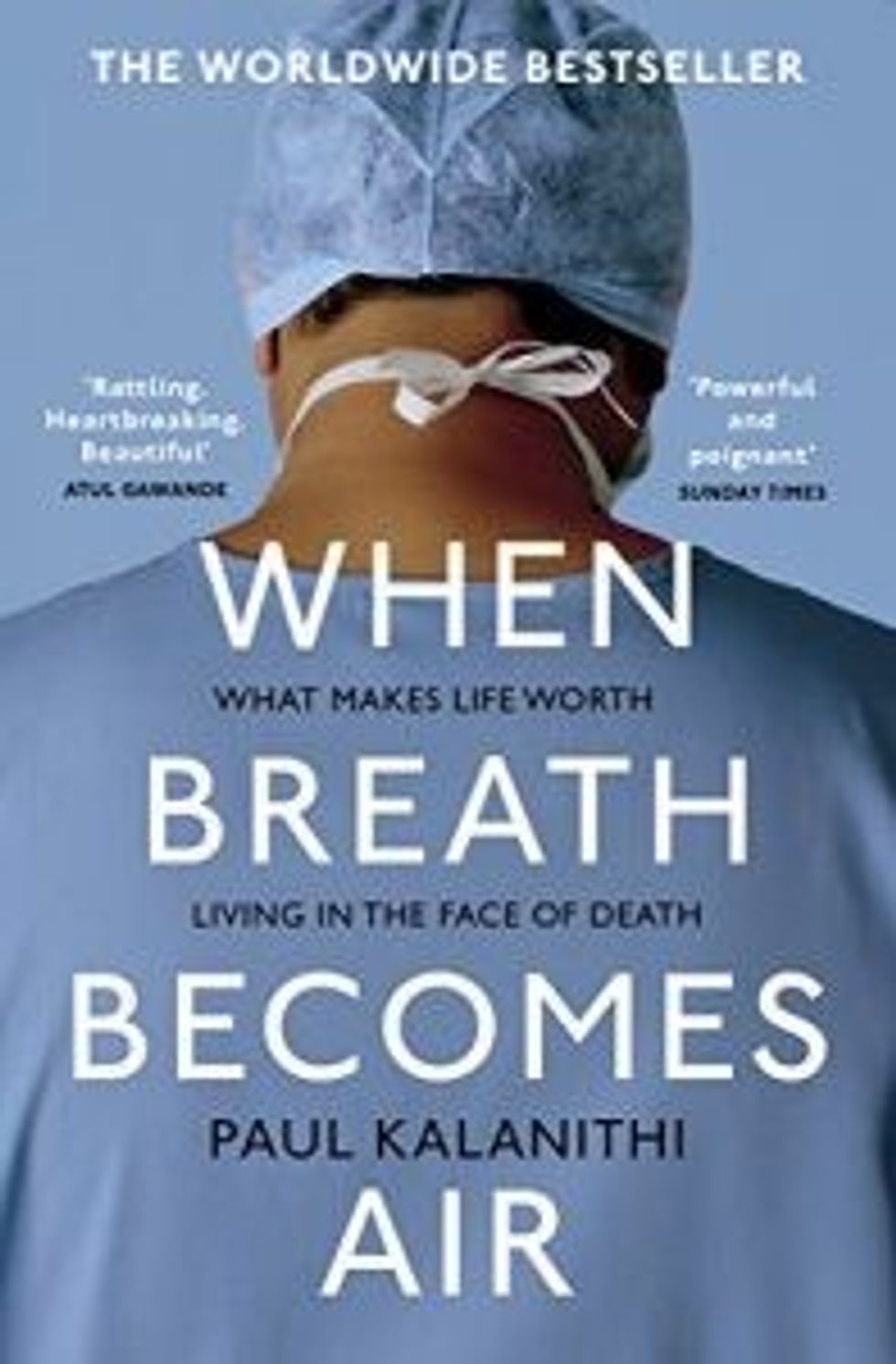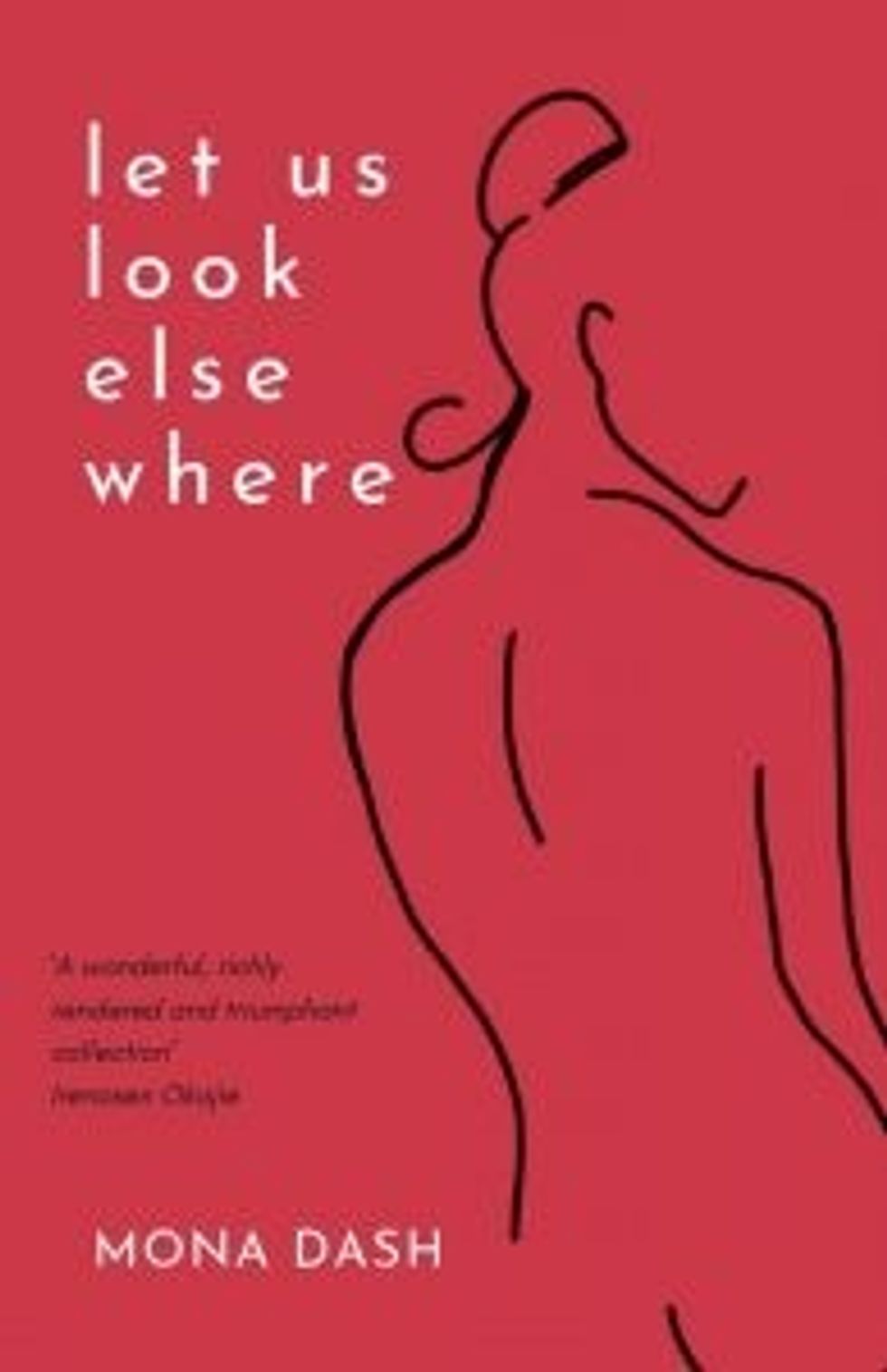VERSATILE London-based author Mona Dash has tackled diverse themes in her books A Roll of the Dice: a story of loss, love and genetics, Let Us Look Elsewhere, A Certain Way, Untamed Heart and Dawn-drops.
When Eastern Eye asked her to select 10 books she loves, she said: “It is both challenging and exciting to list my top 10 books. This being my list, I can make up the rules. So, to make it easier for a somewhat indecisive person like myself, I decided to narrow the focus to books I read within the last few years.”
A Roll of the Dice: a story of loss, love and genetics by Mona Dash: Since this is my list, I will start off with my book. Published by Linen Press, this won the Eyelands international award for memoirs and was reviewed very positively. The frailty of the human body that is overcome by the power of the mind has always been an inspirational read for me. I daresay even if I hadn’t written the book, I would have read it. At its heart, it is the journey of becoming a mother, but what makes it different is the exploration of grief, loss, complex genetics and the science in our genetic code. It is also a story of love, faith and spirituality, and aspiring towards a positive outcome in the face of insurmountable obstacles.
We That Are Young by Preti Taneja: Moving to a very different type of book, this winner of the DSC prize will go down as a modern classic. Based on King Lear, but set in India, it showcases a very different country. I enjoyed this non-stereotypical story. A rich tapestry of characters and lyrical, inventive prose.
Girl, Woman, Other by Bernardine Evaristo: Another unputdownable book that proves literary fiction can be a page turner. Contemporary black British women negotiate their lives and multiple identities. While you wonder at the connections between these lives, everything comes together at the end – one can only marvel at the brilliantly built-up novel, and how it all stands together.
The Gathering by Anne Enright: The quiet, luminous prose appears to be simple but, in fact, the depth and complexity of this novel stands out. This is the story of a large Irish family that is somewhat dysfunctional. It starts with a young man dying by suicide after walking into the sea and then his sister Veronica trying to trace their lives back, including how her parents had met. Love and death are skilfully woven into the story. The effect of loss and grief, as anyone who has gone through it knows, is not in the immediate tears, but elsewhere. The novel is a careful exploration of the interiority of our lives, both the profane and exalted.
When Breath Becomes Air by Paul Kalanithi: This memoir moved me tremendously. It is written by a neurosurgeon who ironically ignores warning signs and is eventually diagnosed when he is at stage IV of a rare form of lung cancer, but it is not all about illness and death.
The first section describes his formative years and growing up as an Asian man in America. He finds love, works long hours, and has day-to-day challenges, but then suddenly nothing is important anymore. The depth of the prose and poignant reflections about the transience of life makes this book essential reading.
Shuggie Bain by Douglas Stuart: I read this book recently and found it really easy to fall into the very detailed observation and depiction of life in 1980s Glasgow. Domestic violence interlaces with Agnes’ dreams of a love she will never really have. Shuggie, her youngest, is named after his dad Big Shug and couldn’t be more different from the foreboding man. Poverty, love, dreams and addiction all come together in this universal story. One’s heart goes out to Agnes and little Shuggie, so it is no wonder that this won the Booker Prize in 2020.
The Sense of an Ending by Julian Barnes: I first read this book when it was published some years ago, and then reread it more recently, and I enjoyed it as much as I had when I first read it. Set in London, this is the story of Tony Webster and his friends Adrian and Veronica. The book starts with various disjointed images, the news of a suicide and cryptic notes. While we wonder like Tony, just what the notes are referring to, the answer is both poignant and shocking.
Fragile Monsters by Catherine Menon: This is one of the few books I have read that is set in Malaysia. It deftly looks at two time periods and across generations. Durga, a mathematics professor in London, comes to visit her grandmother in Malaysia. Menon’s rich and beautiful language adds to the haunting atmosphere of the book. We know from the start that there is a secret just out of reach for Durga, as it is for us.
Nudibranch by Irenosen Okojie: This collection of short stories that are wild, surreal and highly unusual, feature the Caine Prize for African Writing winning story, Grace Jones. Irenosen’s Twitter profile says ‘genre-bender’ and this is absolutely true. It takes a brave author to be able to break away from the expectations and norms of a short story. All the stories are, at the same time, set in everyday life and objects, but can quickly morph into fantastical and phantasmagorical descriptions.
Let Us Look Elsewhere by Mona Dash: I will end with my own collection of 14 short stories that was published in June 2021. Several of them were listed in various competitions, and are set in locations such as Prague, Reykjavik Las Vegas, London and India, including in the rural part of the eastern state of Odisha. The stories explore desire and disconnect in the characters. No one is perfect, and everyone is on a search to find love, intimacy or identity, yet the answers are often not where we look, hence ‘let us look elsewhere’.
www.monadash.net






